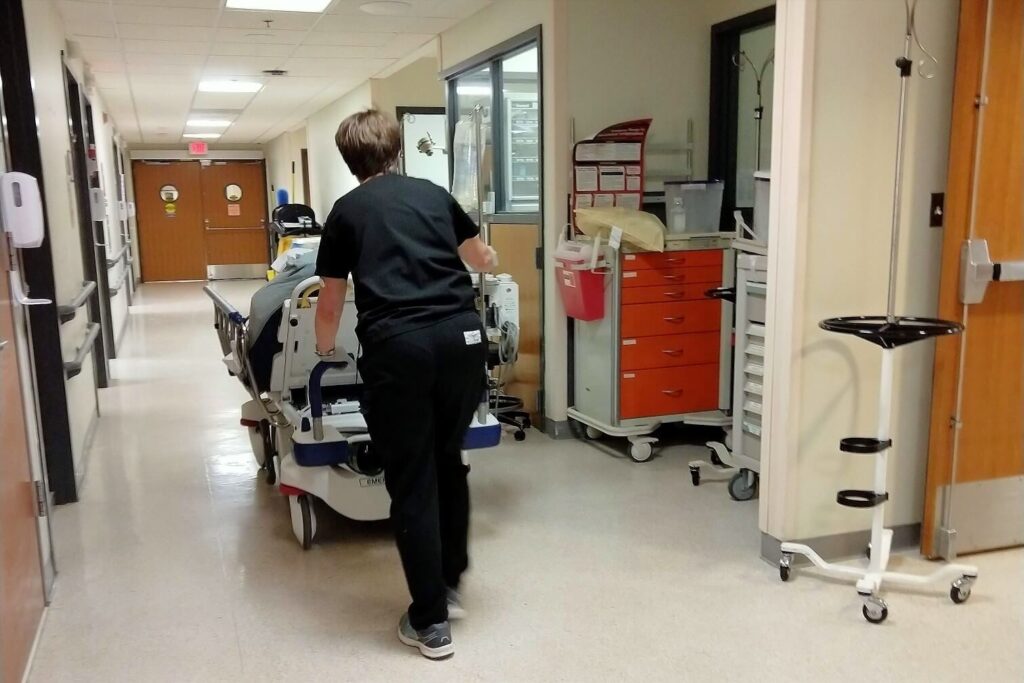American law commonly recognizes two major types of compensation, or damages, that are available to victims of personal injuries: compensatory and punitive. In general, Massachusetts and the other New England states do not allow for punitive damages. One exception to this in the Commonwealth is in wrongful death cases.
Compensatory Damages: An Overview
In short, compensatory damages seek to provide an equivalent dollar amount to make up for the losses incurred by an injury. These can include the cost of medical bills, loss of income, loss of future earning potential, pain and suffering, and loss of companionship if one’s spouse is injured or killed in an accident. Compensatory damages can be both monetary (a dollar-for-dollar exchange) and non-monetary (a dollar amount assigned to an intangible loss).
The Basics of Punitive Damages
Punitive damages are awarded not to “make up for” a loss suffered by the victim of an injury, as compensatory damages are, but are imposed by the court on the defendant—the offending party—in order to punish the defendant’s egregious, dangerous conduct and to deter such conduct in the future.
For example, if the total property damage and medical costs associated with a car accident comes to $750, 000, compensatory damages would be roughly equivalent, plus possible non-monetary damages awarded for pain and suffering. The goal of these compensatory damages is to make the victim whole, to make it as if the accident “never even happened,” at least in financial terms.
A punitive damage in such a case, however, might far exceed the $750, 000 total monetary loss incurred in the accident. If the other driver was distracted, or was acting out of road rage when the accident occurred, a court elsewhere than Massachusetts might assign punitive damages of hundreds of thousands or even millions of dollars depending on the circumstances. No matter how reckless, dangerous, or lawless the conduct of the defendant was leading up to the accident, Massachusetts courts cannot impose punitive damages—unless a death occurs.
Wrongful Death: The One Exception
In the vast majority of personal injury cases, Massachusetts law does not allow for punitive damages. The one exception to this if a personal injury case also involves a wrongful death. If the abovementioned hypothetical accident occurred in Massachusetts, punitive damages could not be assigned. If, however, someone in the plaintiff’s car died as a result of injuries sustained in the accident, this opens the possibility of punitive damages being imposed on the defendant by the court.
Trusted Personal Injury Lawyers
Our team of skilled personal injury attorneys knows that the aftermath of an accident can be one of the most stressful, painful, disorienting times in life. Especially if the death of a loved one is involved. No matter what the circumstances of your accident, we have the experience, knowledge, and compassion to bring the strongest possible case to court for you. If you are ready to get justice for what you suffered, call our office today to discuss your options.

